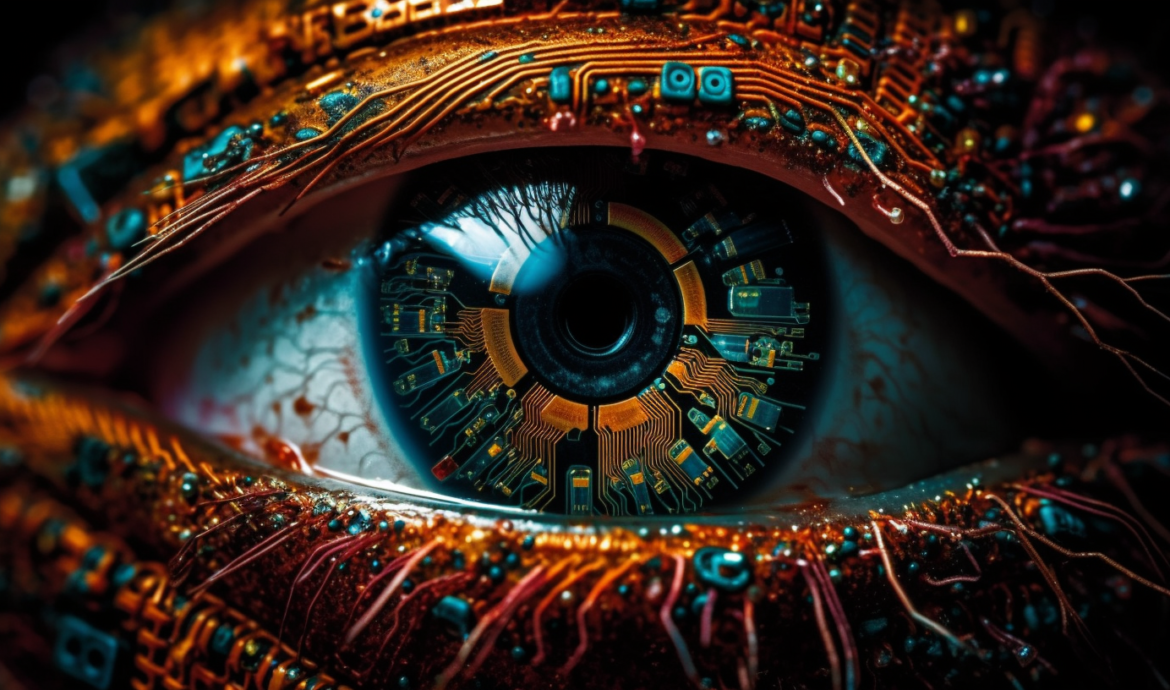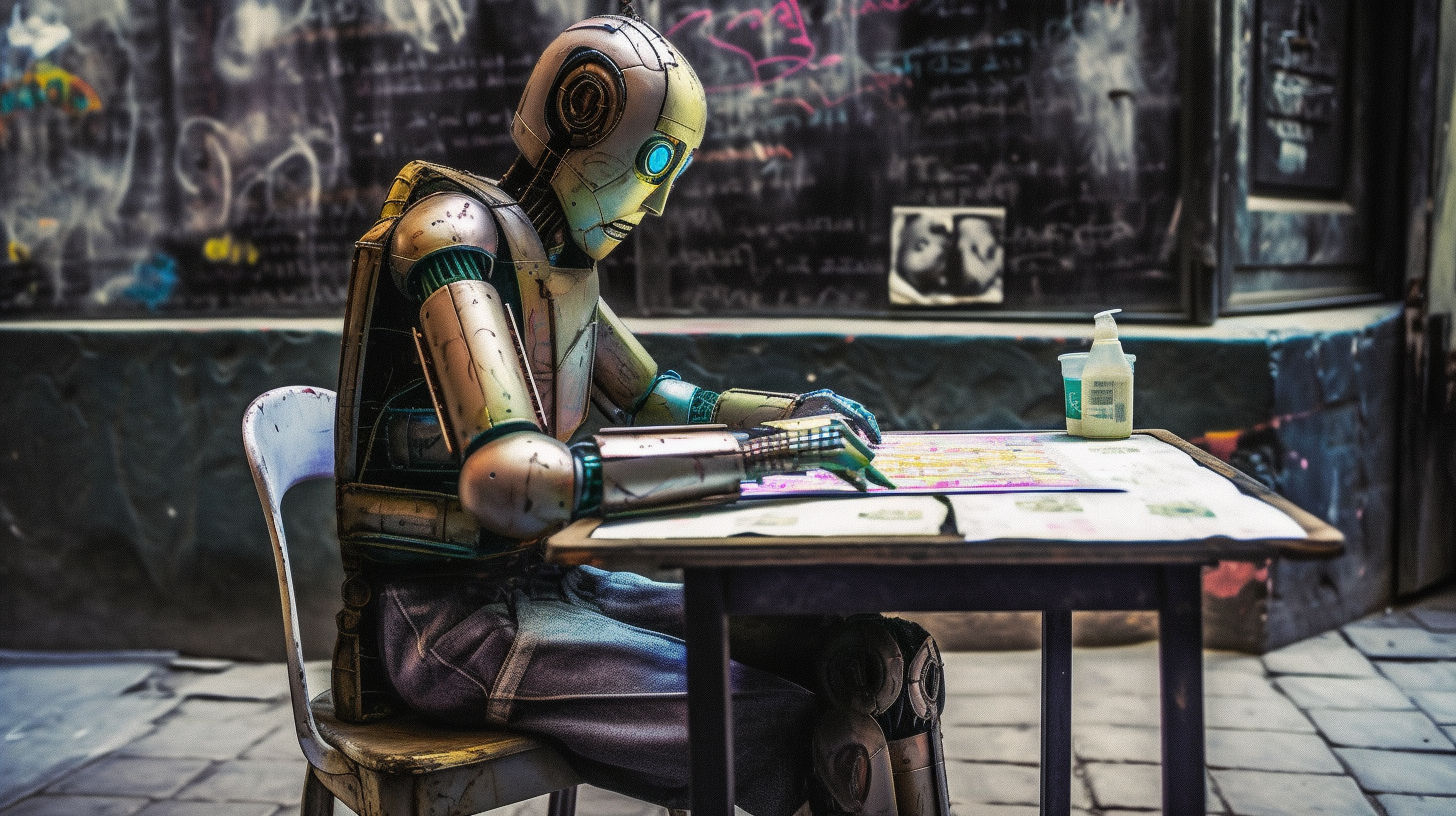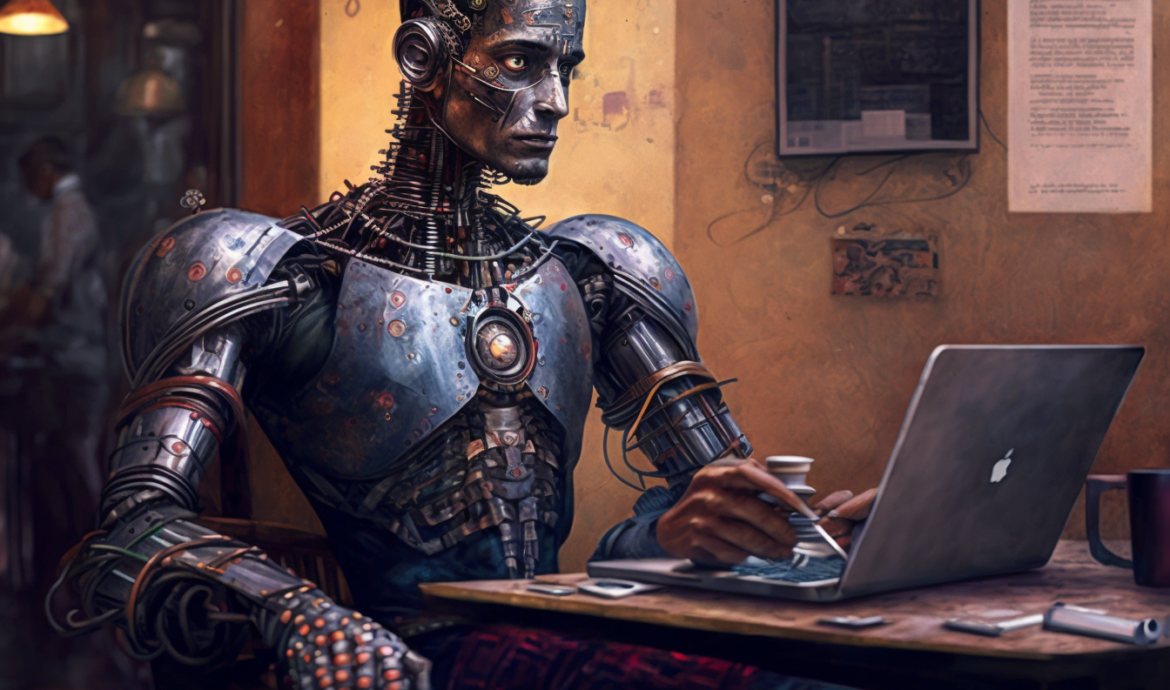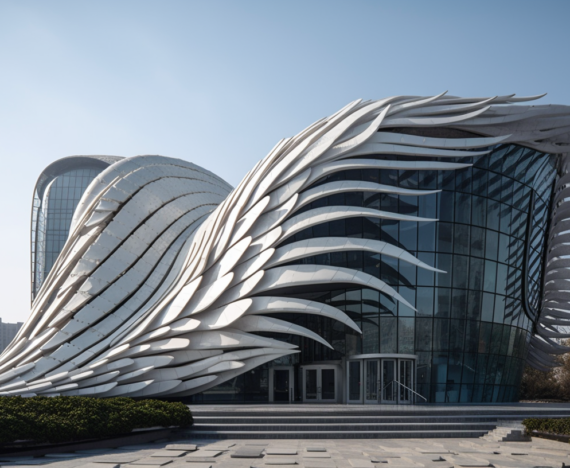Delve into the fascinating world of artificial intelligence and its impact on creative professions like design, architecture, photography, and content creation. Discover the incredible capabilities of advanced chatbots, and learn from AI experts about the potential transformation of roles in the workforce. Most importantly, let’s explore how we can navigate the challenges and ensure a responsible and beneficial AI future.
The rapid expansion of artificial intelligence has reached unprecedented levels, with tech giants like OpenAI, Microsoft, and Google offering easily accessible AI tools for everyone. This groundbreaking technology has the potential to reshape our world, but experts urge us to tread carefully.

In my research on AI over the past six months, I have been focusing on its implementation in various industries, particularly within creative professions such as design, architecture, photography, and content creation. Through my studies, I have discovered that AI advancements like chatbots can understand and generate natural language based on their training data. These advanced chatbots have demonstrated impressive capabilities, from passing exams like the bar exam to writing computer code and creating art.
The AI revolution has been likened to significant historical events like the Industrial Revolution, the advent of electricity, or even the invention of the wheel. I have come to understand that neural networks, pioneered by Geoffrey Hinton, have been pivotal in enabling computers to learn from data and experience, rather than relying on predefined logic and reasoning.
As AI applications multiply, concerns about their potential misuse and the spread of misinformation grow. Despite the unease surrounding job displacement, AI experts like Nick Frosst, co-founder of Cohere, believe that AI will transform roles rather than replace them, making jobs easier and more efficient.

One thought-provoking quote that resonates with me is, “In a world of rapid change, embracing AI is no longer an option; it’s a necessity.” While some, including OpenAI CEO Sam Altman, worry about AI surpassing human abilities and acting independently, many researchers believe these fears to be overstated. However, Hinton has become more cautious, suggesting that general-purpose AI could be closer than we think.
The primary challenge we face is learning to manage a technology that could grant immense power to a few select entities. As AI continues to advance, we must consider and address the challenges it presents. In the words of Rohan, “It’s not about whether AI will shape our future, but how we will shape AI’s future to serve humanity better.”






